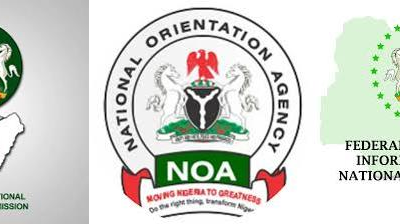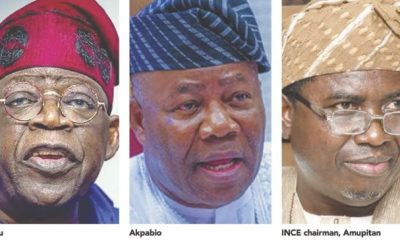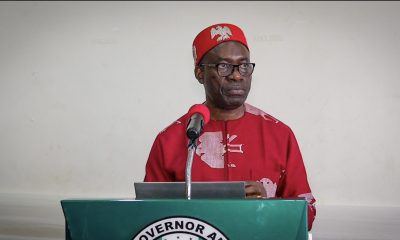In a robust defense of the aviation sector, Nigeria’s Aviation Minister, Festus Keyamo, addressed recent comments from lawmakers regarding the potential revocation of licenses for private airstrips.
Speaking on Friday, Keyamo criticized the lawmakers for what he perceives as a misunderstanding of the aviation industry and its regulatory framework.
Keyamo clarified that the discussion surrounding the revocation of private airstrip licenses did not originate from the House of Representatives as a collective body, but rather stemmed from a motion put forth by an individual member, which has been referred to the Aviation Committee for further investigation.
This clarification comes amidst concerns raised by legislators, including Representative Sulaiman Abubakar, who argued that the increasing number of private airstrips could pose significant security challenges.
In response, Keyamo took to social media platform X (formerly Twitter) to elaborate on the role and responsibilities of private airstrip owners. He explained that these owners are primarily tasked with the construction of runways and terminal buildings.
Once operational, control of air traffic and management of the airspace is entirely governed by the Nigerian Airspace Management Agency (NAMA), a federal body.
READ ALSO: Keyamo, who are the jet drug traffickers?
“The responsibility of the owners of private airstrips is just to build the runway and terminal building. However, once they establish a control tower, that authority is completely transferred to the Federal Government through NAMA,” Keyamo stated.
He further highlighted that private airstrip owners are required to pay for the services provided by NAMA, reinforcing the notion that these private entities operate under strict federal oversight.
Keyamo emphasized the regulatory framework governing airspace access, noting that no aircraft is permitted to enter Nigerian airspace without obtaining prior clearance from NAMA, alongside a detailed flight plan.
He also mentioned a recent directive he issued, mandating that all aircraft entering the country must first land at designated international airports for proper processing and security checks before proceeding to local flights.
While acknowledging the lawmakers’ intentions as patriotic, Keyamo urged them to seek comprehensive clarification before introducing motions that could affect the aviation industry.
He concluded his remarks by attaching the NAMA Act, which delineates the exclusive control of Nigerian airspace to the federal government via NAMA, underscoring the importance of informed discussions regarding aviation policies.

 Comments and Issues1 week ago
Comments and Issues1 week ago
 Comments and Issues1 week ago
Comments and Issues1 week ago
 Comments and Issues1 week ago
Comments and Issues1 week ago
 Health6 days ago
Health6 days ago
 Comments and Issues1 week ago
Comments and Issues1 week ago
 Education1 week ago
Education1 week ago
 Football6 days ago
Football6 days ago
 Aviation7 days ago
Aviation7 days ago

